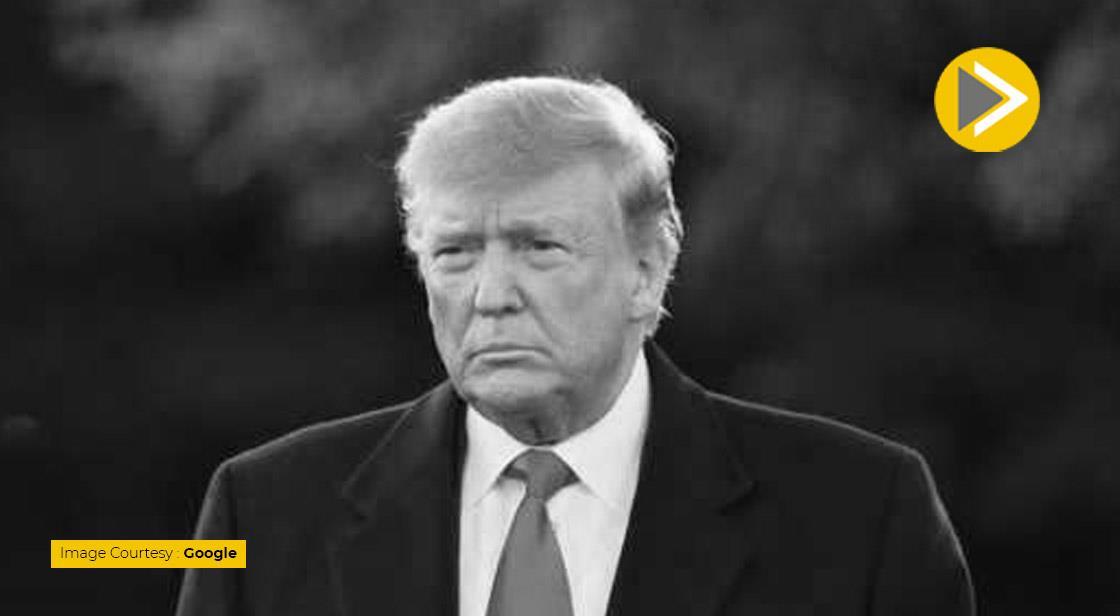Trump Imposes 25% Tariffs on Imported Automobiles

News Synopsis
U.S. President Donald Trump has announced a 25% tariff on imported cars and light trucks, set to take effect next week. This move is expected to escalate the ongoing global trade war and significantly impact the automobile industry, leading to higher vehicle prices and potential disruptions in production.
Tariff Implementation and Rationale
At an Oval Office event, Trump confirmed the imposition of the 25% tariff on all non-U.S.-made vehicles. His administration views tariffs as a strategic tool to generate revenue, offset tax cuts, and rejuvenate the domestic industrial sector. Collections on these tariffs will begin on April 3, a day after Trump unveils additional reciprocal tariffs targeting countries contributing to the U.S. trade deficit.
Global Reaction and Industry Response
The European Commission President, Ursula von der Leyen, criticized the move, calling it detrimental to both businesses and consumers. Canadian Prime Minister Mark Carney also condemned the tariffs, labeling them a "direct attack" on Canadian workers and pledging to take defensive measures.
On the other hand, the United Auto Workers (UAW) union, which has long opposed free trade agreements, welcomed the decision. UAW President Shawn Fain described the tariffs as a significant step towards protecting American autoworkers and encouraging automakers to invest in U.S.-based manufacturing.
Market Impact and Economic Concerns
Following the announcement, shares of automakers declined in after-hours trading, and U.S. equity futures indicated a lower opening for stocks. Experts predict that the tariffs will raise vehicle prices and reduce sales, potentially resulting in job losses within the industry.
The legal framework for this action is based on a 2019 national security investigation under Section 232 of the Trade Act of 1962. While the report concluded that auto imports posed a risk to national security, Trump did not take action at that time. The new tariffs, however, indicate a shift in policy direction.
Temporary Exemptions and Trade Agreement Considerations
In a sign of rushed implementation, the tariff directive includes temporary exemptions for auto parts to allow government officials to finalize regulatory details. Automotive parts compliant with the U.S.-Mexico-Canada Agreement (USMCA) will remain duty-free until the Commerce Secretary, in consultation with U.S. Customs and Border Protection (CBP), establishes a mechanism for taxing non-U.S. content.
The exemption for all other imported auto parts will remain in effect until May 3. Experts, however, argue that these tariffs may violate the terms of USMCA and could also affect other trade agreements, including the U.S.-South Korea Free Trade Agreement.
Financial Implications for the U.S. Economy
Economists warn that the financial impact could be significant. The U.S. imported automotive products worth $474 billion in 2024, with passenger cars accounting for $220 billion. The largest exporters of vehicles to the U.S. include Mexico, Japan, South Korea, Canada, and Germany—all key allies.
Former U.S. Treasury official Brad Setser stated that the tariffs would likely increase car prices and disrupt U.S. car sales. The import of finished vehicles represents a notable percentage of the U.S. GDP, making this policy a crucial economic consideration.
Stock Market Reaction and Investor Concerns
Before Trump's official announcement, U.S.-listed automaker shares experienced a decline as investors feared repercussions in the global auto industry. The stock market also ended lower on the day of the announcement, with the S&P 500 Index falling 1.1% and recording its worst monthly performance in nearly a year.
Tesla CEO Elon Musk reacted to the news by stating that while the company could potentially benefit, the impact of tariffs would still be significant. The broader industry remains wary of potential supply chain disruptions and increasing production costs.
Future Tariffs and Potential Trade Negotiations
Since returning to office on January 20, Trump has taken several aggressive tariff-related actions. He has imposed and postponed tariffs on Canada and Mexico over drug-related concerns, announced import duties on Chinese goods, and raised tariffs on steel and aluminum. He has also repeatedly hinted at introducing global reciprocal tariffs on April 2.
However, Trump suggested that these upcoming reciprocal tariffs might not be as strict as initially implied. "We’re going to make it very lenient," he said. "I think people will be very surprised. It’ll be, in many cases, less than the tariff they’ve been charging (the U.S.) for decades."
Expected Impact on Car Prices and Industry Jobs
Experts predict that these tariffs will result in a sharp increase in car prices, possibly adding thousands of dollars to the cost of new vehicles. The Center for Automotive Research warns that the price hikes could reduce demand, leading to lower sales and job losses, as U.S. automakers depend heavily on imported components.
Jennifer Safavian, CEO of Autos Drive America, criticized the move, arguing that tariffs would make vehicle production and sales more expensive. She warned that this decision could lead to fewer car options for consumers and threaten manufacturing jobs in the U.S.
Conclusion: A Divisive Economic Policy
Trump’s decision to impose a 25% tariff on imported vehicles is a bold yet controversial step in his broader trade strategy. While it aims to boost domestic production, it has already triggered global criticism, market turbulence, and economic uncertainty. As the tariff rollout begins, its long-term effects on the U.S. auto industry, international trade relations, and consumer prices remain to be seen.









